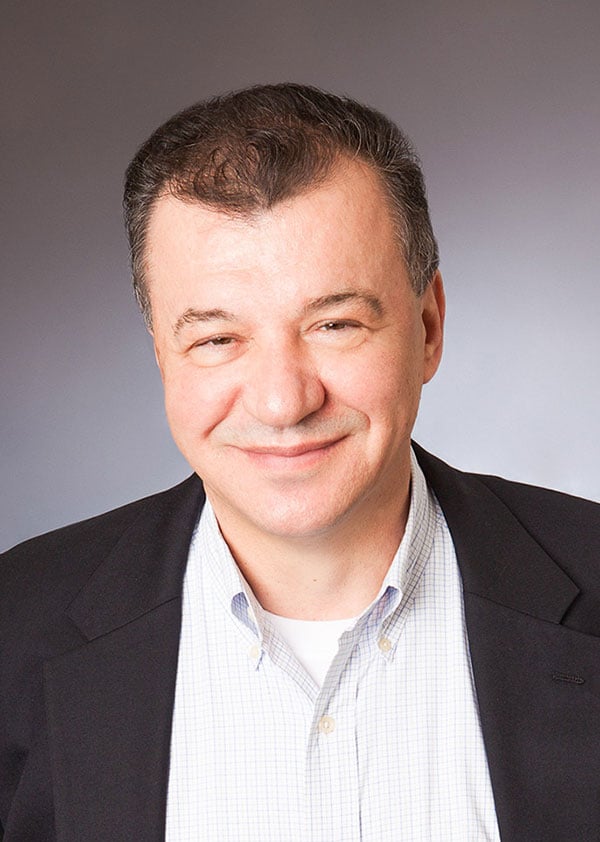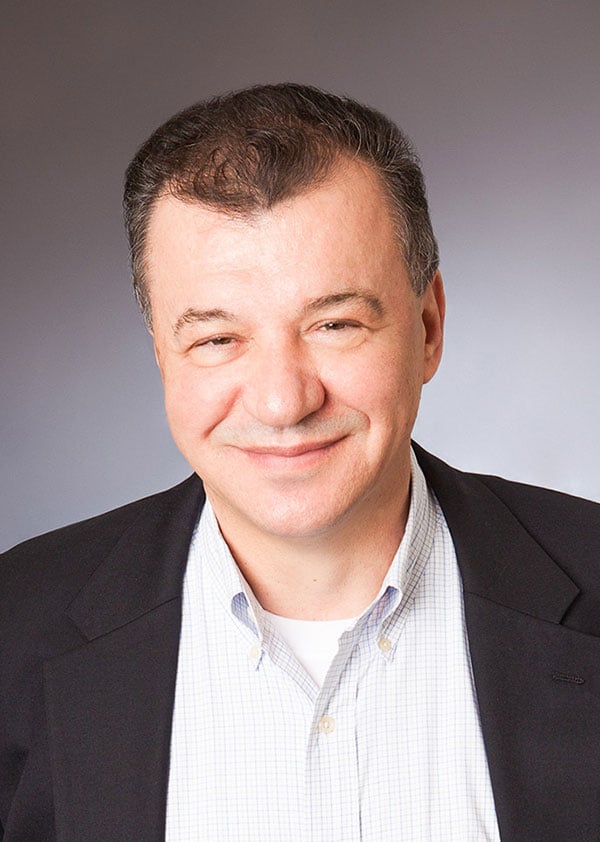
A recent post on LinkedIn claimed that hoteliers should not be bidding on their branded keyword terms on Google (Ex. Luna Hotel New York, Luna Hotel NYC, Hotel Luna Manhattan, etc.), since a multitude of other channels like social, content, various media channels, etc. are driving the actual demand for those branded Google searches for your hotel.
This statement is plain wrong and here is why:
Let’s assume that your hotel has been strongly recommended by friends, family or colleagues, online reviews, social media, influencers, word-of-mouth, etc. How does the traveler find your hotel? Most probably by searching online on Google the name of your hotel.
What happens when travelers google the name of your hotel? They see:a) a number of Google Ads by the OTAs and their affiliates promoting the best rate for your hotel, b) Google Hotel Ads (metasearch) again by OTAs and their affiliates, and c) Organic listings of your OTA hotel page, ranking higher due to the OTA’s superior SEO.
Your hotel website with stale content and SEO most probably would not be visible enough to be found in any of the scenarios above. So the traveler may find a hotel listing of your hotel in the SERPs (Search Engine Results Pages), may even book and come to your hotel, but as an OTA booking, not as a direct booking.
But wait, there is more! Once you click on any of the a), b) or c) listings described above and go to the OTA page of your hotel, what else do you see? A highly visible section You may also consider these hotels which takes the traveler to the myriad other accommodations in the destination/location, some with much better rates and location. So your hotel may not even get this traveler, in spite of all the glowing recommendations by family/friends or social media and office water cooler word-of-mouth.
The OTAs make a killing by bidding on the branded keywords (official names and their derivatives) of hotels, especially independent hotels. Who searches your hotel by its official name? These are your past guests, people referred by friends and family, people influenced by word-of-mouth, people who have read positive reviews on social media or PR about the property.
What happens when they search? As described above, most probably they see the OTA organic and paid listings. Travelers book the hotel, but they book it via the OTAs or their tens of thousand of affiliates. This is called hijacking of a direct client!
As a priority, hoteliers should implement the following action steps.
- Google Ads: Hoteliers should own 100% of the searches of their branded keyword terms – this is 100% SOV (Share of voice) of the impressions.
- Google Hotel Ads: Hoteliers must participate in the free booking links and budget to participate in the paid booking links in need periods.
- Organic Listings: Hoteliers must maintain a robust SEO strategy and own their branded keyword terms.
Please visit:
Our Sponsor
